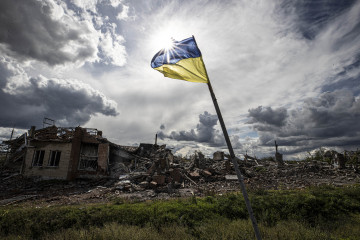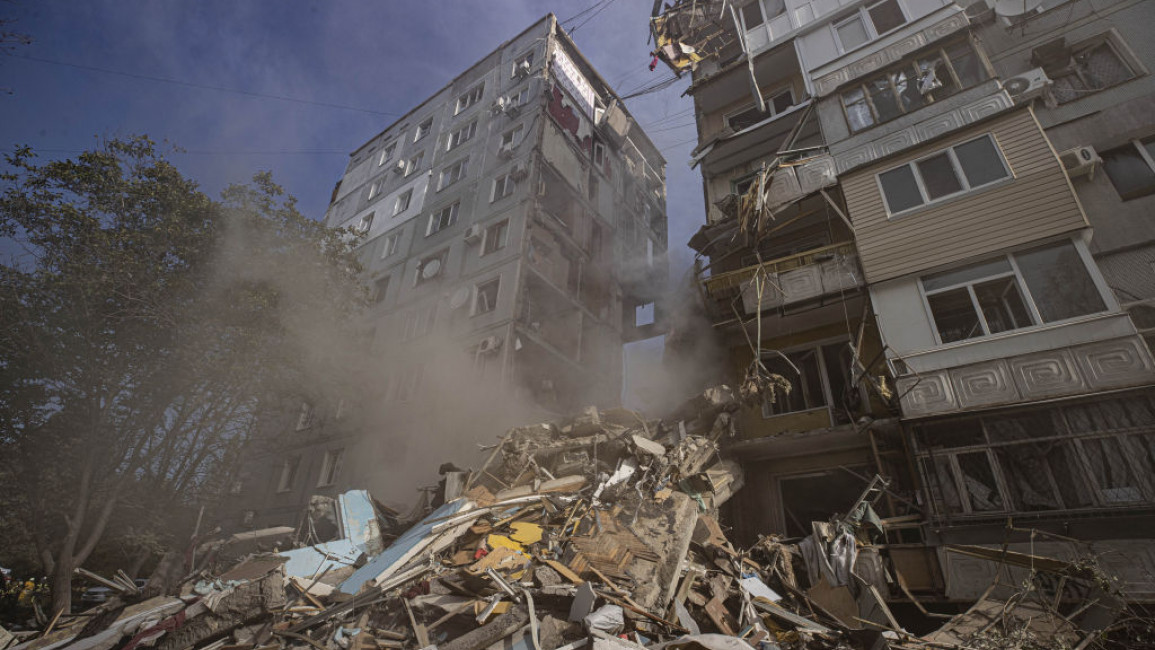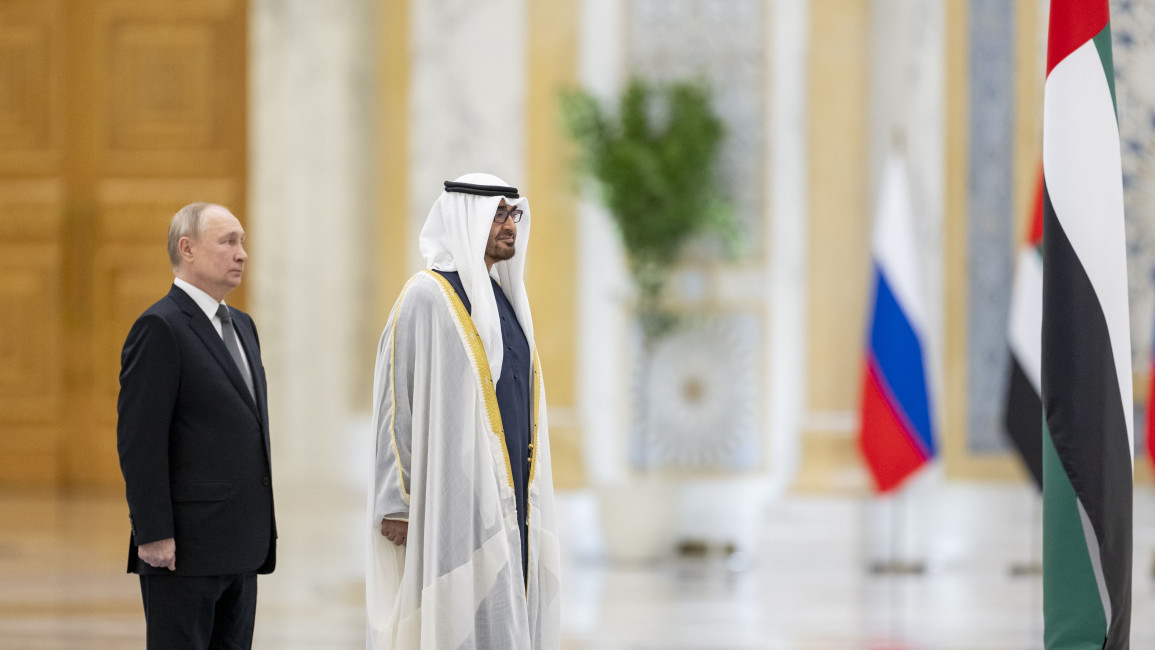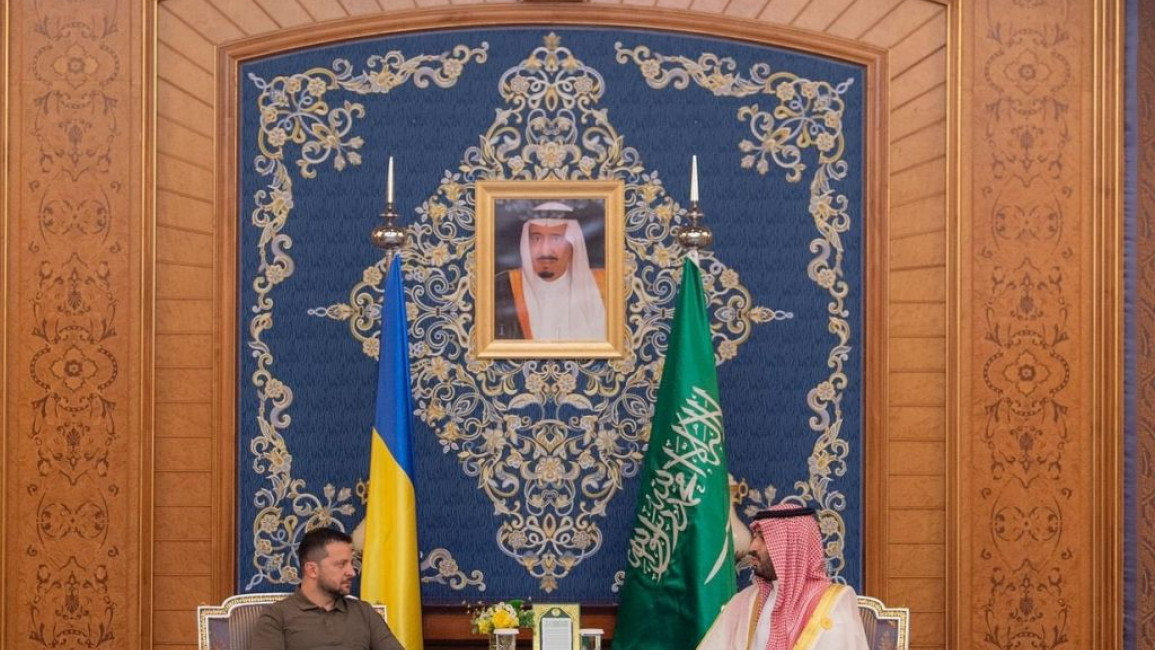Washington (AFP) – South Africa's top diplomat on Tuesday accused Israel of setting a precedent for leaders to defy the top UN court, as she again alleged a campaign of starvation in Gaza.
Issued on: 20/03/2024 -

South Africa's Minister of International Relations and Cooperation Naledi Pandor speaks in Pretoria on March 5, 2024
© Phill Magakoe / AFP/File
South Africa has hauled Israel before the International Court of Justice (ICJ) to allege genocide in the war triggered by the October 7 Hamas attack, infuriating Israel and drawing US criticism.
Naledi Pandor, South Africa's foreign minister, said Tuesday that Israel had defied a January interim ruling by the ICJ that it should take action to prevent acts of genocide as it fights Hamas in the Gaza Strip.
"The provisional measures have been entirely ignored by Israel," Pandor said at the Carnegie Endowment for International Peace during a visit to Washington.
"We're seeing mass starvation now and famine before our very eyes," she said. "I think we, as humanity, need to look at ourselves in horror and dismay and to be really worried that we have set an example."
Pandor added that Israel's actions may mean other nations believe that "there's license -- I can do what I want and I will not be stopped."
She said that South Africa's post-apartheid democracy -- in going through international institutions -- was "merely practicing what is preached to us every day" by the West.
"The ICJ has not been respected. And the day an African disrespects (it) I hope we don't go to that leader and say 'Listen, you're out of bounds -- because you're an African, we expect you to obey,'" she said.
South Africa has again petitioned the court in The Hague to order measures for Israel to stop "widespread starvation" triggered by its Gaza offensive.
Israel denounced the South African plea as "outrageous" and "morally repugnant," pointing to its initiatives, including humanitarian pauses in fighting.
A UN-backed food security assessment determined that Gaza is facing imminent famine, with around 1.1 million people -- about half the population -- experiencing "catastrophic" hunger.
South Africa has hauled Israel before the International Court of Justice (ICJ) to allege genocide in the war triggered by the October 7 Hamas attack, infuriating Israel and drawing US criticism.
Naledi Pandor, South Africa's foreign minister, said Tuesday that Israel had defied a January interim ruling by the ICJ that it should take action to prevent acts of genocide as it fights Hamas in the Gaza Strip.
"The provisional measures have been entirely ignored by Israel," Pandor said at the Carnegie Endowment for International Peace during a visit to Washington.
"We're seeing mass starvation now and famine before our very eyes," she said. "I think we, as humanity, need to look at ourselves in horror and dismay and to be really worried that we have set an example."
Pandor added that Israel's actions may mean other nations believe that "there's license -- I can do what I want and I will not be stopped."
She said that South Africa's post-apartheid democracy -- in going through international institutions -- was "merely practicing what is preached to us every day" by the West.
"The ICJ has not been respected. And the day an African disrespects (it) I hope we don't go to that leader and say 'Listen, you're out of bounds -- because you're an African, we expect you to obey,'" she said.
South Africa has again petitioned the court in The Hague to order measures for Israel to stop "widespread starvation" triggered by its Gaza offensive.
Israel denounced the South African plea as "outrageous" and "morally repugnant," pointing to its initiatives, including humanitarian pauses in fighting.
A UN-backed food security assessment determined that Gaza is facing imminent famine, with around 1.1 million people -- about half the population -- experiencing "catastrophic" hunger.
Zelensky expected
President Joe Biden's administration has called the genocide case "meritless," in its latest row with South Africa.
Last year the US ambassador in Pretoria accused South Africa of violating its stated neutrality in the Ukraine war by letting a Russian vessel dock to load military supplies, an allegation later walked back by Washington.
Pandor said that Ukrainian President Volodymyr Zelensky would visit South Africa in the coming months.
"We always wanted to have a situation where we would be able to be a facilitator" between Ukraine and Russia, she said.
Russian President Vladimir Putin skipped a summit last year in Johannesburg of the BRICS bloc of emerging economies. Putin is the target of an arrest warrant by the International Criminal Court, which South Africa as a court member would in theory be expected to enforce.
While the Biden administration has voiced hope of maintaining cooperation with South Africa despite disagreements, Congress is reviewing a bill that would reevaluate the entire relationship.
Introducing the legislation last month, Republican Representative John James said South Africa has been "building ties to countries and actors that undermine America's national security and threaten our way of life," naming China, Russia and Hamas.
Pandor said US lawmakers had failed to consult South Africa and that democracies should allow differences of opinion.
"To seek to punish South Africa because there's a disagreement on particular policy areas is the most unfortunate response," she said.
© 2024 AFP

























